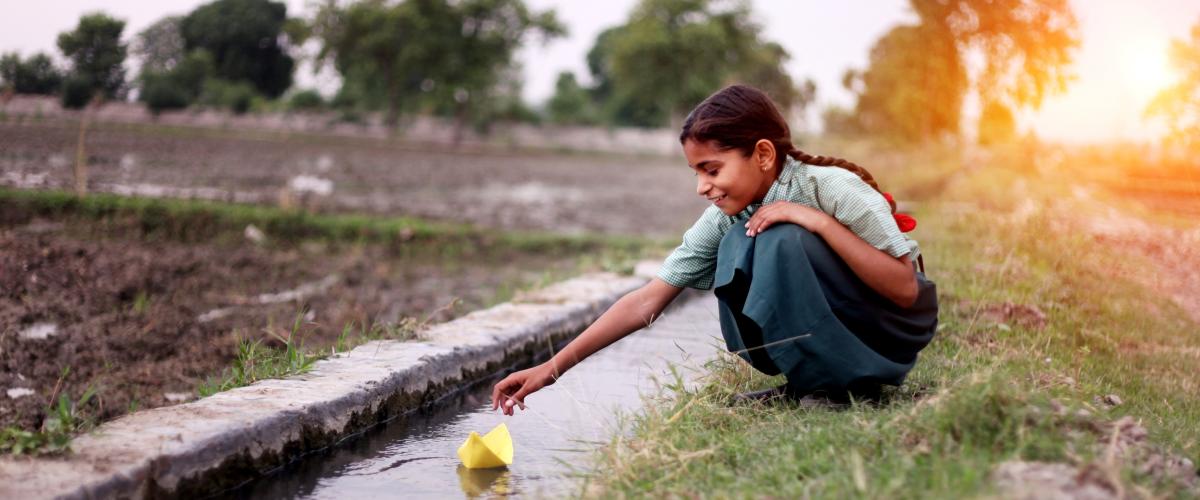
News
The World Bank’s Board of Executive Directors approved US$7 million in financing to Seychelles to help the country better cope with extreme natural events such as floods, mudslides, or tsunamis, which have wreaked havoc on the island nation in the past.
Disaster insurance has quickly risen up the global policy agenda in the last few years, where phrases like “loss and damage mechanisms” and “micro-insurance schemes” are catching fire in climate change discussions about how to finance the costs of more frequent and more powerful storms, floods, droughts, and agricultural shocks. And for good reason.
Globally, natural disasters have caused damages of nearly $4 trillion over the past 30 years—and the frequency and intensity of these powerful storms, droughts, and earthquakes continue to rise. Leaders from developing countries, civil society, private sector and agencies including the World Bank, European Union, and United Nations came together to discuss how vulnerable countries can better prepare and protect hard-won development gains by establishing recovery strategies and processes before disaster strikes.
Governments and policy-makers leverage RMS technology to strengthen risk management decision-making and support disaster risk reduction strategies
The Bangladeshi government Monday signed an agreement with the World Bank to get 140 million U.S. dollars' credit to improve and strengthen critical disaster prevention infrastructure in the coastal areas of the country.
A cloud-based mobile app that collates crowdsourced data during disasters won two awards in a recent hackathon on disaster resilience.
A conversation with Dr. Ben Fox of the World Bank Group, about the Bank's work to reduce the economic burden of natural disasters
he Southwest Indian Ocean Risk Assessment and Financing Initiative (SWIO RAFI) will be launched during the fifth Regional Platform for Risk Transfer Mechanisms (April 28-30), hosted by the Indian Ocean Commission (IOC).
In the span of one year, volunteer mappers put 30,000 buildings on the map in Sri Lanka, enabling the country to plan ahead and be prepared for the next disaster.
The destruction wreaked by Typhoon Haiyan in the Philippines this month has renewed debate on a critical financial question: How can nations best prepare for and respond to natural disasters?
